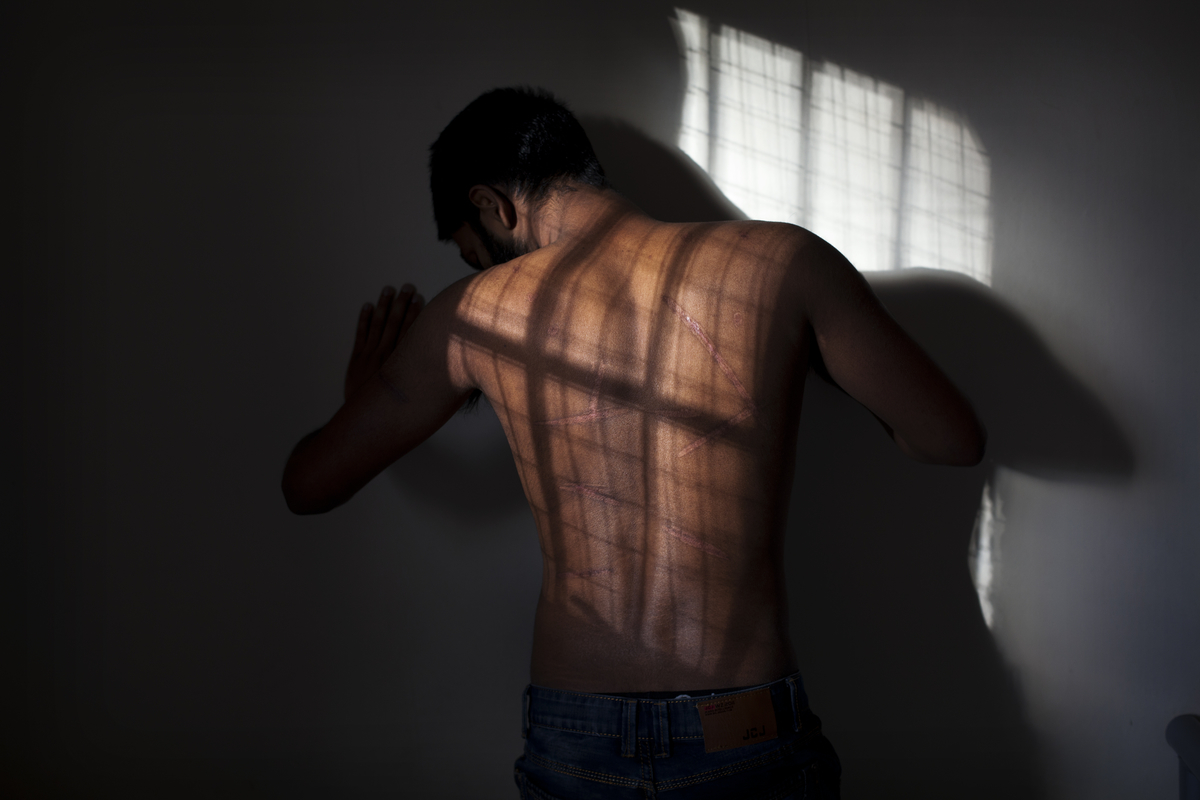Following the announcement by Sri Lanka’s Justice Minister, Ali Sabry, that amendments would be made to the country’s draconian 1979 Prevention of Terrorism Act (PTA) and 1994 Convention against Torture, Tamil National Alliance parliamentarian M.A Sumanthiran slammed the move as simply “window dressing” and demanded a full repeal of the PTA.
“You cannot amend the PTA, you have to repeal the PTA. The whole basis, the foundation of the law is flawed” Sumanthiran maintained.
Amongst the proposed reforms would be for obligatory visits from magistrates to detention centres to investigate issues of torture. Sumanthiran noted that whilst positive on paper, it was ultimately a facade given the lack of enforcement mechanisms. Similarly, the threat of increased fines fails to address the systemic issue of a lack of prosecutions.
Sumanthiran notes:
“The CAT (Convention Against Torture) Act was passed in 1994 […] Since then, the Act only saw nine convictions, six of which are under appeal. Research also shows that only about 10-20% actually make a complaint under this Act for fear of further mistreatment, which shows that this Act has been a dismal failure in operation. You have this Act only to show people around the world to show that torture is an offence”.
He further highlights that Supreme Court judges have noted that Sri Lankan police officers were guilty of torture but were not brought before the courts and were not prosecuted.
“It doesn’t work, the system as far as torture is concerned is broken, and you can’t fix it by passing these laws”.
How Sri Lanka became a world leader in torture

Commenting on how torture became an epidemic in Sri Lanka, Sumanthiran points to Sri Lanka’s draconian Prevention of Terrorism Act which permitted confessions made to police officers as admission evidence.
Sumanthiran notes that not only had this led to horrific abuses by the police, but it also meant that police officers would no longer carry out serious investigations.
“All you had to do was beat up a fellow, or do worse, and get his signature, you have solved the crime. The real culprit is still roaming free”.
He further added that because of this, “even from that point of view of national security its a demonstrable failure”.
His speech also noted the passage of the EU resolution calling for a repeal of the GSP+ trading agreements because of the deteriorating human rights situation in Sri Lanka and the continued use, and expansion, of the PTA. The continued use of the PTA was a direct violation of a guarantee that the previous administration had given to the EU.
According to the International Truth and Justice Project, there have been 178 documented credible cases of torture from 2015-2018, excluding 22 individuals abroad who reported torture following the UN special investigation. Since Gotabaya Rajapaksa came to power in late 2019, at least 5 cases have been documented abroad of abduction, torture, and sexual violence of Tamils. The ITJP notes, "this likely represents the tip of the iceberg".
Sri Lanka’s Disappeared
![]()
Commenting on the issue of enforced disappearance, Sumanthiran remarks that whilst the government has complained against accusations of thousands of people who have disappeared, the government’s own commissions have shown this to be true.
“All three commissions established by Mahinda Rajapaksa. They have said that persons who were surrendered to the security forces at the end of the war have gone missing since the end of the war”.
“Your own commissions have said that tens of thousands of people have gone missing and not one has been traced so far. No one has been prosecuted for that”.
Sri Lanka's President, Gotabaya Rajapaksa, is accused himself of over-involvement in thousands of white van abductions which were used to target journalists and government dissidents who were critical of the Rajapaksa family.
